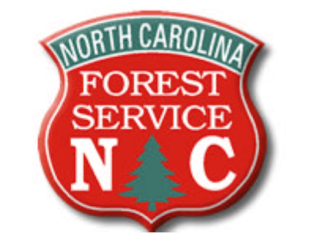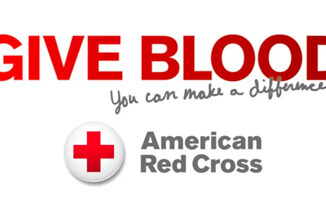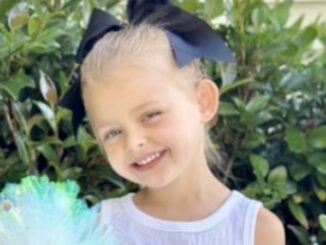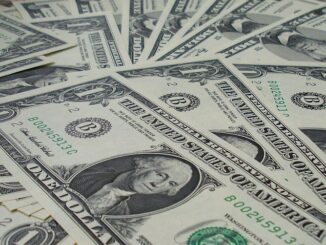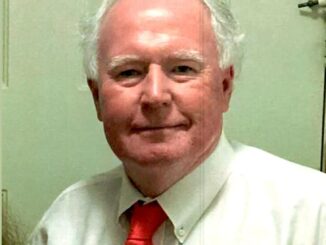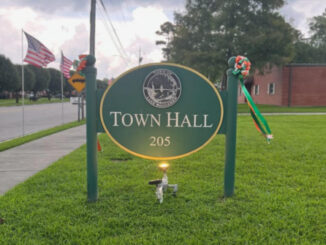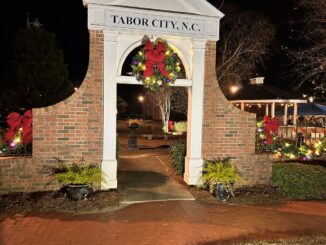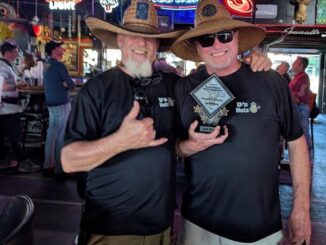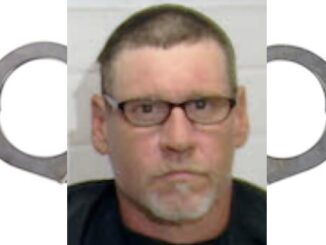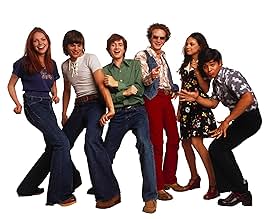
That 70s Show: A Totally Groovy Ride Down Memory Lane (9 Out of 10 Stars)
“That ’70s Show” isn’t just a sitcom; it’s a warm, fuzzy, and often hilariously accurate postcard from a bygone era. With its infectious energy, iconic characters, and a killer soundtrack, this show earns a robust 9 out of 10 for its consistent ability to entertain and resonate.
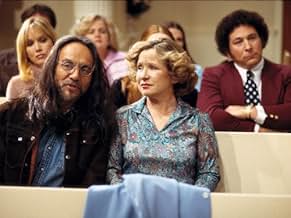
From the moment Eric Forman slams his basement door shut, we’re transported to the fictional town of Point Place, Wisconsin, circa 1976. The show masterfully captures the spirit of adolescence in the 1970s, from bell-bottoms and feathered hair to the pervasive scent of… well, you know. It’s a nostalgic trip that feels both specific to its time and universally relatable in its depiction of teenage friendships, family dynamics, and the awkward journey to adulthood.
What truly elevates “That ’70s Show” is its ensemble cast. Topher Grace as the perpetually bewildered but good-hearted Eric is the perfect everyman anchor. Laura Prepon as Donna Pinciotti, his fiercely intelligent and independent girlfriend, provides a much-needed dose of pragmatism. The supporting cast, however, is where the show truly shines. Mila Kunis as the cynical and materialistic Jackie Burkhart is a comedic revelation, her evolving relationship with the loveable but dim-witted Michael Kelso (Ashton Kutcher) providing countless memorable moments. Wilmer Valderrama as the worldly exchange student Fez brings his unique brand of charmingly bizarre humor, and Danny Masterson as the laid-back, wise-cracking Hyde offers a cool counterpoint to Eric’s anxieties.
But it’s the older generation that truly steals the show. The parental units are a masterclass in sitcom archetypes done right. Kurtwood Smith as Red Forman, the gruff but ultimately loving patriarch, delivers some of the most iconic lines and deadpan deliveries in television history. His constant exasperation with Eric is legendary, and their father-son banter is the backbone of many episodes. Debra Jo Rupp as Kitty Forman, the perpetually optimistic (and often wine-fueled) matriarch, is the heart of the family, her infectious laugh and unwavering support making her incredibly endearing.
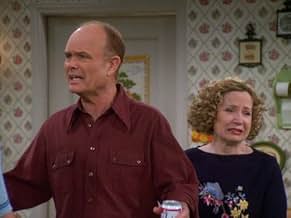
The show’s commitment to its era is commendable. The fashion, the music (spinning records in the basement is a recurring, delightful trope), the pop culture references – it all feels authentic and lovingly recreated. The “Forman’s basement” becomes a character in itself, the epicenter of teenage rebellion, philosophical debates, and the infamous “circle.”
While “That ’70s Show” might occasionally lean into predictable sitcom tropes, it does so with such charm and wit that it’s hard to fault. Some later seasons might not hit the dizzying highs of the earlier ones, but the overall consistency and the sheer joy of watching these characters interact keep the show afloat. The humor is a perfect blend of observational, physical, and character-driven, with plenty of laugh-out-loud moments scattered throughout.
In a television landscape often dominated by darker, more complex narratives, “That ’70s Show” offers a welcome dose of comfort and pure entertainment. It’s a show that doesn’t take itself too seriously, yet manages to capture the essence of a specific time and the universal experience of growing up. For its pitch-perfect cast, its hilarious writing, and its undeniable nostalgic appeal, “That ’70s Show” remains a delightfully groovy and highly recommended watch, earning its well-deserved 9 out of 10.













